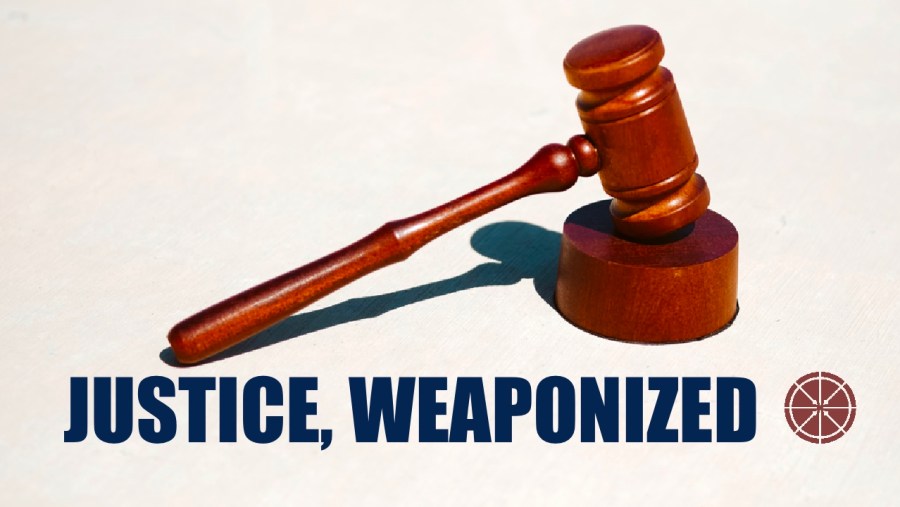
There’s a problem I’m thinking about. I think we got it licked. A certain legal approach could dramatically affect our transition implementation. This legal strategy offers one reason why we must not condemn or vilify the rich.
Especially billionaires.
I listened to a podcast this week which put me on this train of thought. In it, a British journalist talked about legal differences between the US and the UK. Those differences largely shape how a free press works (or doesn’t) in Britain.
Free speech protections don’t exist in the UK. That means powerful people take journalists to court if they write negative articles about them. If the powerful can prove the journalist or their publication damaged the powerful person’s reputation, the powerful person can win huge judgements. Judgements which can bankrupt an organization.
So UK journalists must exercise great care when reporting on powerful people. This also explains why powerful people, especially powerful people doing shady things, don’t often get covered in the UK press.
Life and death?
I’m not worried about Copiosis harming some rich guy’s reputation. I’m not too worried about what I’m about to describe either.
And yet, a billionaire who doesn’t like Copiosis – for whatever reason – might try miring us in legal actions. Such a person might hope constant court battles will bankrupt the organization.
Russian oligarchs use this strategy on UK journalists and their employers. Newspapers then fear reporting on their shady UK dealings, according to the podcast. Such dealings often happen with British government assistance, again, according to the podcast. If lawsuits don’t do it, oligarchs burned down journalists’ homes and threaten them in other ways in the past.
Another reason explains why I’m not concerned about getting mired in court. Copiosis will attract a LOT of money. We can weather courtroom attacks.
Death threats and people firebombing where team members live…that’s another matter.
This explains why we must create as many friends…and as few enemies as possible. Not because our safety is at risk. But because when people get into fear, especially about their money, they’ll do almost anything.
Of course, attracting such negative attention will tell us our plan works. And negative attention attracts other kinds of attention. Including attention from people willing to fund us even more.

A special breed…
No doubt some will fear our plans. Moreover, they might act on that fear. “Act” might include menacing, harassment, and, yes, death threats.
These kinds of things explain why the implementation organization demands not only a certain kind of culture, but certain kinds of people. Not everyone possesses the fortitude to withstand criticism, public shaming, people hating them or threatening them with violence, legitimate or otherwise.
I want people on our team fortitudinous enough to weather such things. Furthermore, such people must put the mission ahead of their own life. Asking such a thing of another involves serious soul-searching. Because asking requires my own willingness to do the same.
Hopefully my 10 year track record shows I do just that. And I’m willing to keep doing it until Copiosis becomes our global reality. I want people around me making the same commitment. Which explains my very specific criteria with which I’m building the Copiosis team.
Many problems stand between here and Copiosis as the full blown future. But as I’ve said before many times, we will figure all those problems out.
Because Copiosis represents our future. And a bright one at that.
